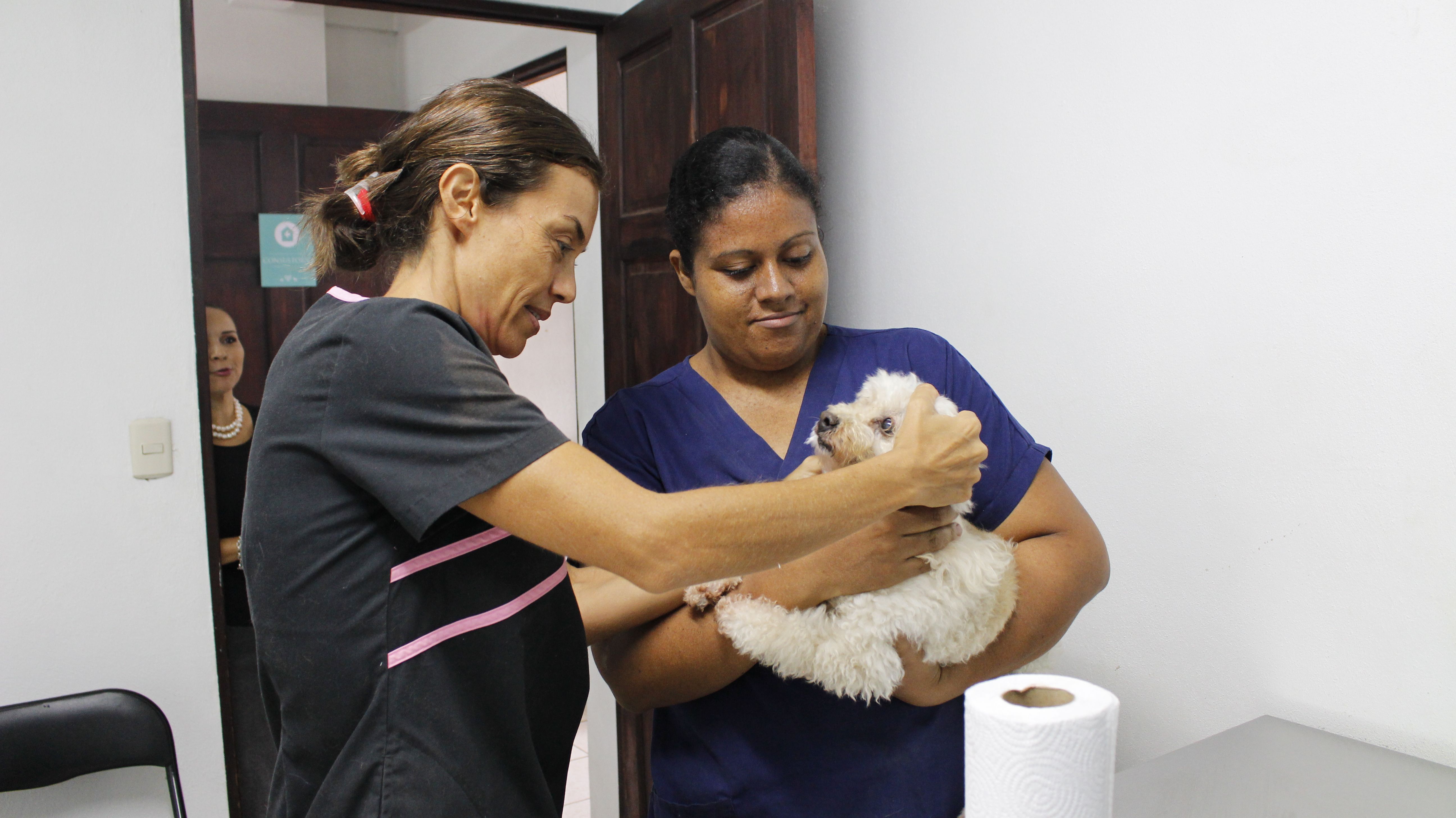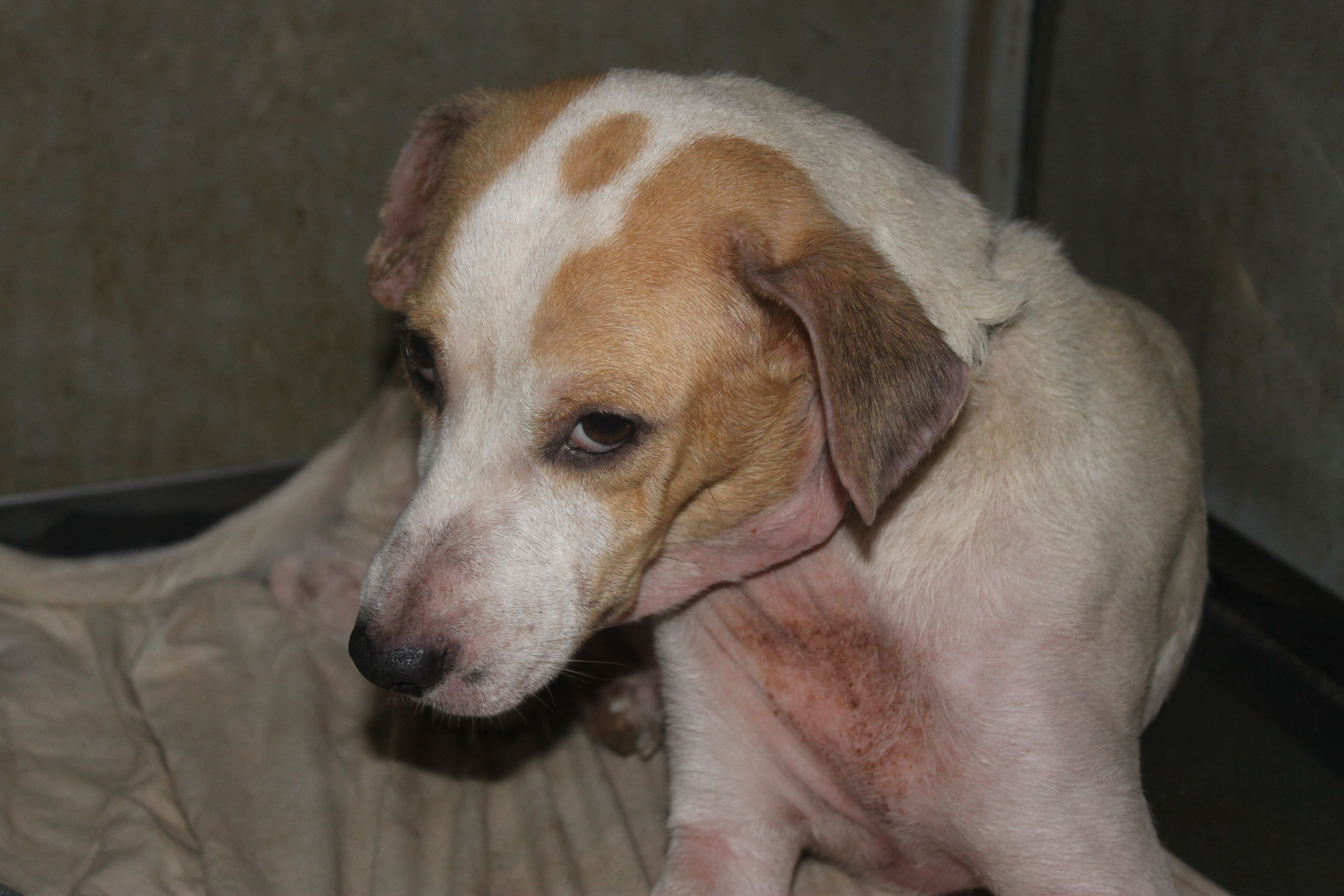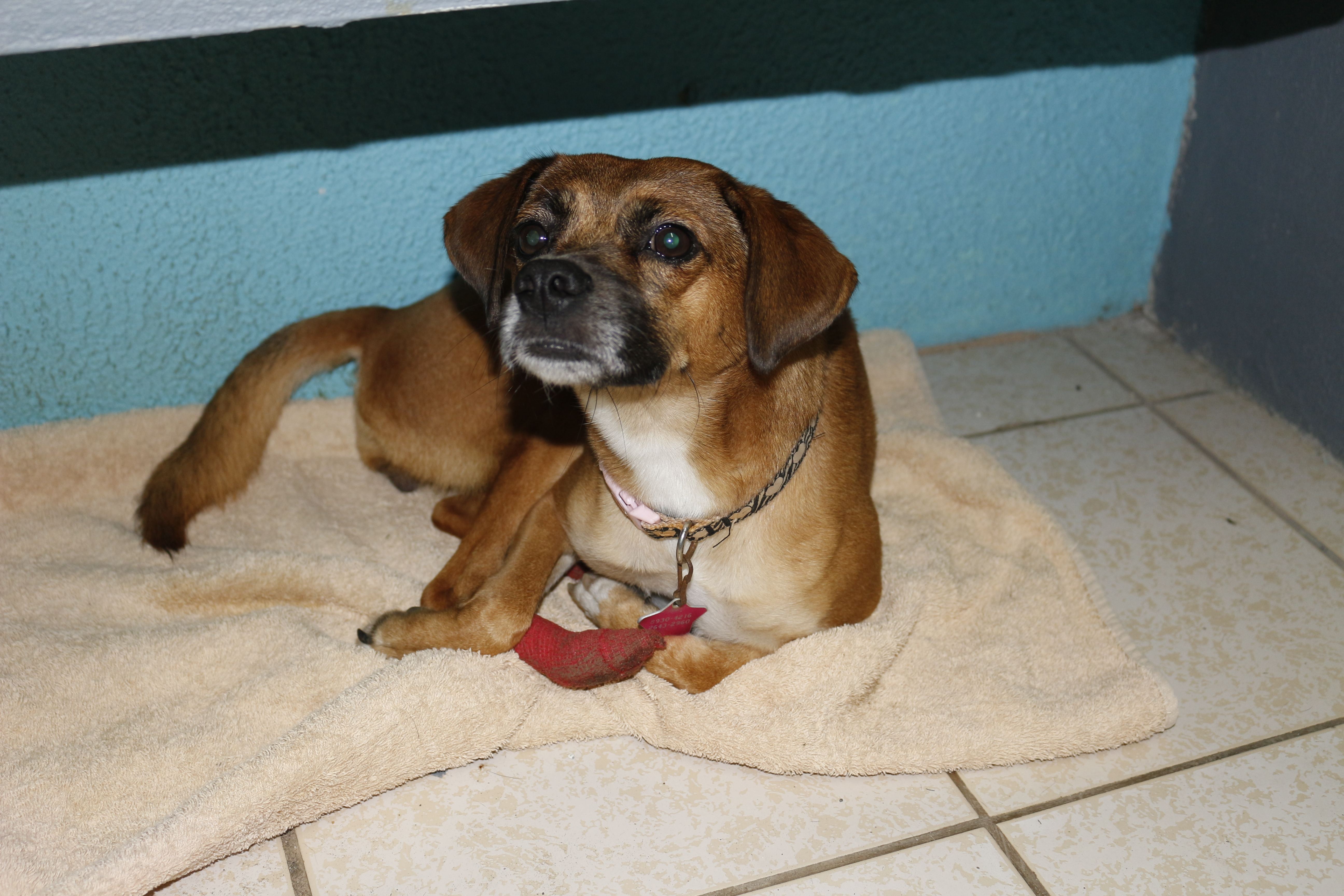Costa Rica News – Sometimes in life, we come across things which give us some sort of emotional reaction: shock, fear, horror, but we think ‘There’s nothing I can do’ and keep on walking.
 Upon arriving in Costa Rica’s beach town of Jacó, Katja Bader got the emotional side of that when she saw how many stray or poorly-cared for animals wandered through the town daily. The keep-on-walking notion, however, never really appealed to her and was beaten by her pragmatism, care and a desire to make a difference to what was and is a very serious issue.
Upon arriving in Costa Rica’s beach town of Jacó, Katja Bader got the emotional side of that when she saw how many stray or poorly-cared for animals wandered through the town daily. The keep-on-walking notion, however, never really appealed to her and was beaten by her pragmatism, care and a desire to make a difference to what was and is a very serious issue.
Where others might have sought out a quick-fix solution by killing and simply leaving hundreds of dead animals in the streets, Bader was convinced that with time, effort and some assistance, there could be another option. In 2003, the Asociación Pro Bienestar Animal Jacó, also known as McKee-Jacó was born – a project whose main purpose was to rescue as many of these animals off the streets as possible, nurse them back to health (and in many cases teach them not to fear humans as they had done for so long), and eventually find suitable, loving adoptive families to take them in.
With the amount of creatures needing her help, and the degree of care they all needed, the next step was to form a team of like-minded volunteers and veterinarians. The team deals with a range of neglected and abandoned animals including dogs, cats, rabbits and even horses and they have access to a number of veterinary clinics across Jacó. When a stray is brought into the clinic they’re given a full medical review, including bloodwork to assess how far their health levels have fallen. This also gives the staff a chance to check for any more serious injuries which might call for surgery – damage to limbs is particularly common among stray dogs. Often, the animals will spend a period of time in the clinic or in a foster home. This allows them to recover and regain strength while the team search out new, permanent homes. Bader, who has herself taken in a number of strays, says that “one gets very [emotionally] attached, especially to those who one rescues and then fosters. If they don’t make it, it’s a big tragedy.”
Perhaps one of the most worthwhile and most widely used treatments offered is spaying and neutering. Every abandoned animal brought into the clinic goes through this process, as part of the continued task of reducing the sheer number of strays about. From time to time, open castration days are organised in nearby clinics or local areas such as schools or churches, as occurred in Esterillos recently. This enables low income families who would otherwise be unable to pay for the service or for transportation to a clinic to have their pet spayed or neutered affordably. In total, between 800-1000 animals per year go through this process, especially now that the project has links with three trained vets, each of whom is able to spay or neuter three animals per day (outside of the castration days). Some medical and financial assistance is also given to these families if they are unable to effectively support the treatment of their own animals. McKee-Jacó receives no outside help for any of the work it does, even for such necessary treatments. As such, they rely on the financial and social support of interested individuals, which enables the organisation to stay active and to consistently increase awareness among locals and residents. They make a conscious effort to only put down animals when their suffering has grown too great, and when it becomes clear that they are beyond medical help.
affordably. In total, between 800-1000 animals per year go through this process, especially now that the project has links with three trained vets, each of whom is able to spay or neuter three animals per day (outside of the castration days). Some medical and financial assistance is also given to these families if they are unable to effectively support the treatment of their own animals. McKee-Jacó receives no outside help for any of the work it does, even for such necessary treatments. As such, they rely on the financial and social support of interested individuals, which enables the organisation to stay active and to consistently increase awareness among locals and residents. They make a conscious effort to only put down animals when their suffering has grown too great, and when it becomes clear that they are beyond medical help.
In addition to McKee-Jacó’s medical provisions, team-members like Bader are helping to provide education programmes around the region. Programmes are free for attendees and are a great way of teaching pet owners what they should and should not be doing to try and keep their animals as healthy and content as possible. In the past, these education schemes have taken place in local schools, where members from the organisation come in to teach students these valuable lessons, often through the medium of art and design. Previously, they have worked with Escuela Central (Jacó) and Escuela Líder de Herradura, both of which have over 800 students. The idea is that while the children are having fun painting murals, they’re also learning how important it is to keep the family dog hydrated and well-fed. This area of the programme works with the notion that “the better educated and responsible our community is, there will be fewer abused and neglected animals around and [therefore] less rescue work necessary”. The organisation has also teamed up with “I Brake for Animals”, a campaign launched in 2012 and working with local taxi drivers to reduce the number of animal deaths caused through traffic accidents.
All areas of the McKee-Jacó Project need funding to continue the great work they’re doing. If you’re interested in getting involved, head to www.mckee-jaco.com to find out more and see how you can help.
Article and Video by Leah Hendre

